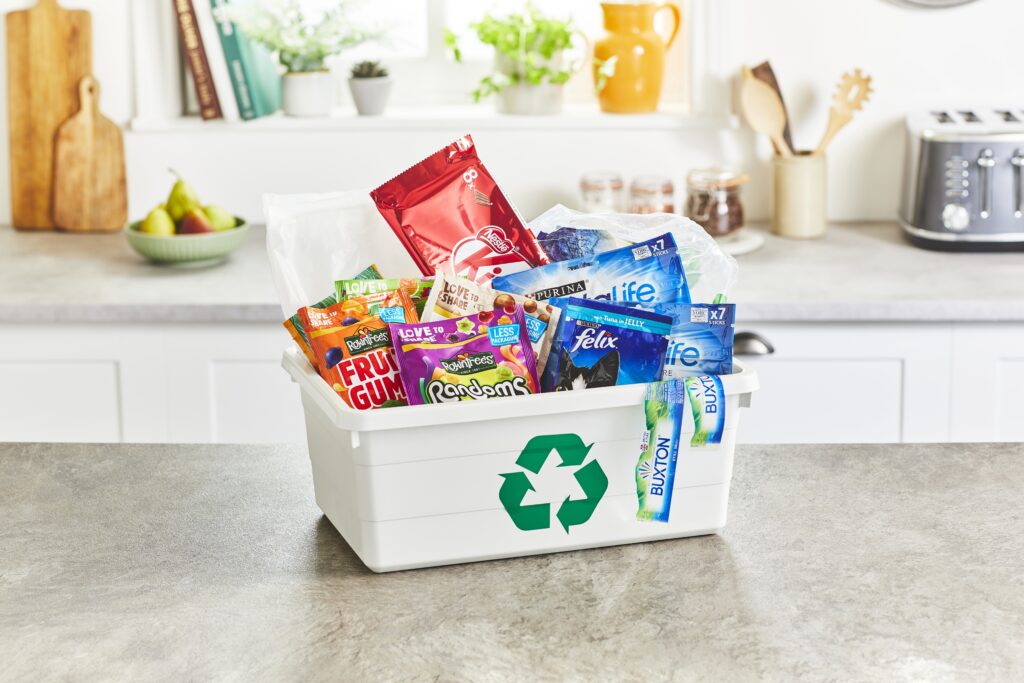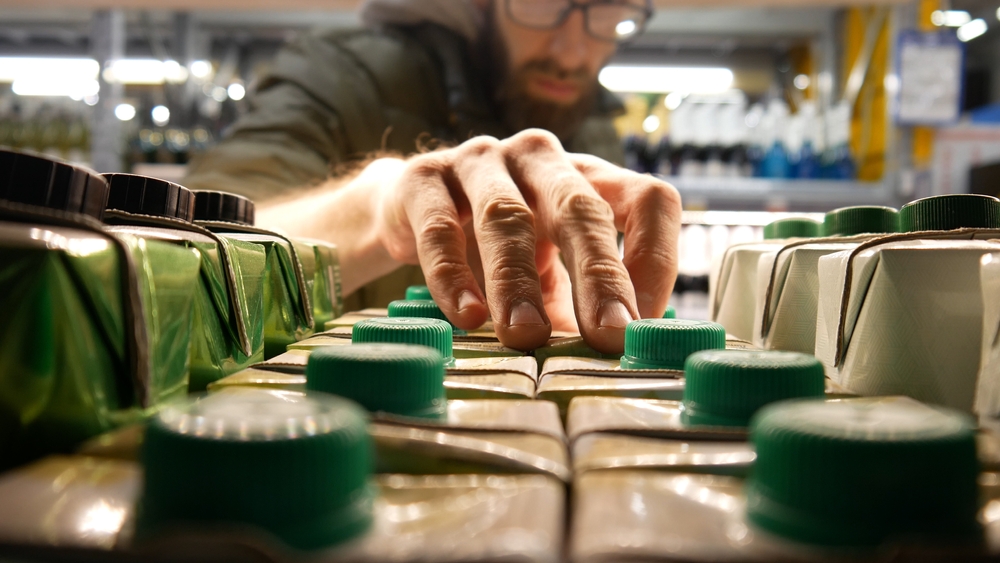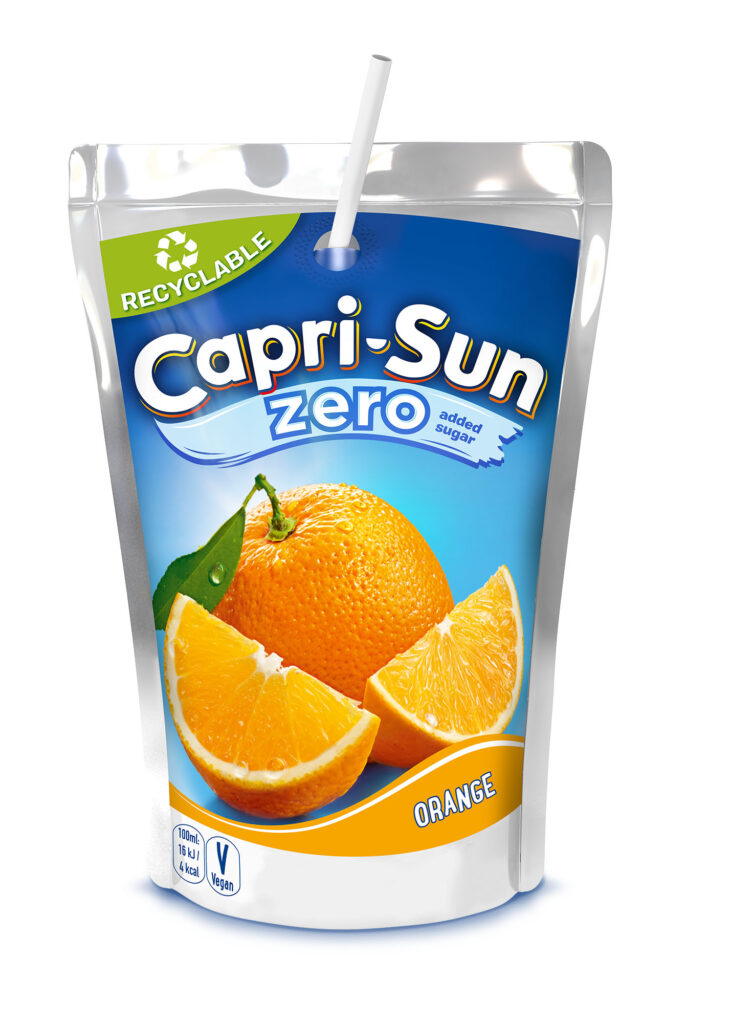The Strategy Unit waste team is currently carrying out a review of the UK's implementation of the European Landfill Directive and the best way to develop England's Waste Strategy 2000. It is expected to report its findings in early November, but last month the Unit released an interim report detailing some of its thinking (see letsrecycle.com story).
In its response to the Unit's waste team, INCPEN said that the waste industry needs more information about the increase in the UK's waste stream – whether it has been caused by a growth in housing or a change in householders' behaviour.
“It’s important to know how much of the growth is a result of which trend before planning how to reduce the rate of growth,” the statement said. “For example, more than half of the forecast growth in Hampshire is because more homes are being built. The weight of used packaging is not increasing so we need to find out what is. We recommend that the government should fund a new National Household Waste Analysis Programme.”
Misinformation
The INCPEN statement warned that the Strategy Unit's study is at risk from “misinformation”, and sought to correct some of the “myths” it feels the Unit is not addressing in the industry.
“Unfortunately, the debate on waste suffers from a great deal of misinformation,” the statement said. “It would be helpful if all the sources of information were referenced.”
The packaging council said that packaging should not be blamed for the UK's reported 3% growth in municipal waste since manufacturers have “lightweighted” packaging over the last 20 years. Echoing the Packaging Federation's response to the Strategy Unit paper (see letsrecycle.com story), INCPEN also pointed out that packaging saves a large amount of food from wastage.
The statement from INCPEN refuted claims that a deposit scheme on bottles – thought to be an idea popular with Environment Minister Michael Meacher – would have a beneficial effect on the environment.
“Switching from plastic to reusable glass bottles would cost resources – refillable bottles use more resources in production and distribution so even if they were all returned (which they are not by a long way) they have a greater environmental burden than equivalent sized plastic bottles. Closures and labels are not reused,” it said.










Subscribe for free